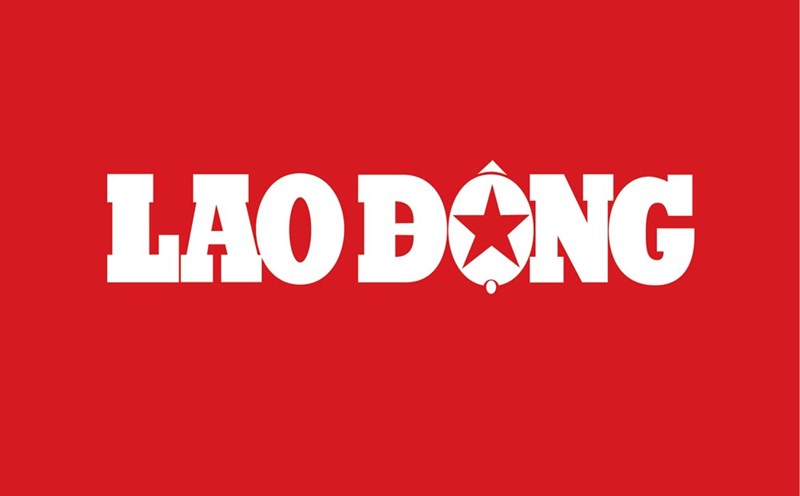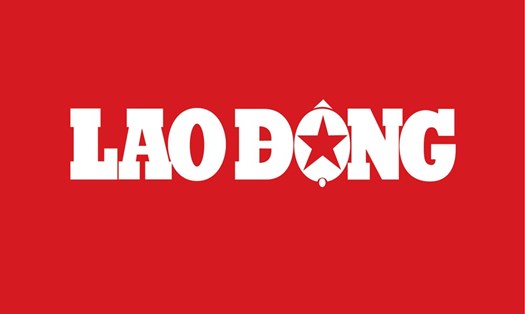The statement comes shortly after a group of large companies in Central Europe called on the EU to support the continued transit contract.
According to Bloomberg, gas prices in Europe increased by 4.4% on December 17, the strongest increase since mid-November, after the European Commission confirmed it was ready for the end of the Russia-Ukraine gas transit deal by the end of this year.
The sprint race to avoid supply disruption
Time is gradually running out as the current agreement between Russia and Ukraine expires at the end of the year. Eastern European countries - which still depend on cheap gas from Russia - are under great pressure. If the flow is cut off, gas prices risk skyrocketing and the race for alternative supply will become more fierce, especially when Europe's gas reserves are currently at unusually low levels.
Major companies such as Slovakia's SPP, Hungary's MOL and energy groups from Austria, Italy and Slovakia have signed a joint statement calling for the transit contract to be maintained. "We will send this statement to European Commission President Ursula von der Leyen so that she can clearly understand the threat to energy security and the economy in the region," said Vojtech Ferencz, Chairman and CEO of SPP.
Escalating tensions: EU at a crossroads
The EU's statement raised concerns among many sides when it affirmed: "The Commission is not interested in continuing the transit of Russian gas through Ukraine. The EU is ready with alternatives."
Although Europe has reduced its dependence on Russian gas following the Ukrainian conflict, landlocked countries such as Slovakia and Hungary still rely heavily on this cheap supply. The suspension of transit could not only push up prices but could also cause gas shortages in a cold winter.
Slovakia's representative, Deputy Prime Minister Denisa Sakova, said the country is rushing to negotiate with many partners, including Russia's Gazprom, to find a solution to supply and transit 15 billion cubic meters of gas - equivalent to the current volume via the Ukrainian pipeline.
Damages waiting in line: Who will suffer?
According to SPP, stopping gas transit will cost Slovakia more than 220 million euros to buy and transit from alternative sources. Meanwhile, Ukraine has warned that its gas infrastructure will suffer "irreversible" losses if the flow is interrupted.
Although the EU insists the impact on gas prices will be " insignificant", the market is still under great pressure. Mr. Ferencz warned: "If a harsh winter occurs, gas shortages and supply disruptions across Europe are inevitable."
In that context, Ukraine has said it is ready to cooperate with the EU to transit gas from other sources outside of Russia if required.
According to Bloomberg, the European gas crisis is at an important crossroads as the EU is determined to cut off Russian supplies, but the price to pay could be price escalation and great pressure on the economies of Central and Eastern European countries.









